In the heart of the Pacific Northwest, amidst the city landscapes of Seattle, Washington, a group of resilient cervical cancer survivors recently gathered to embark on a patient advocacy journey that transcended the boundaries of a traditional classroom.
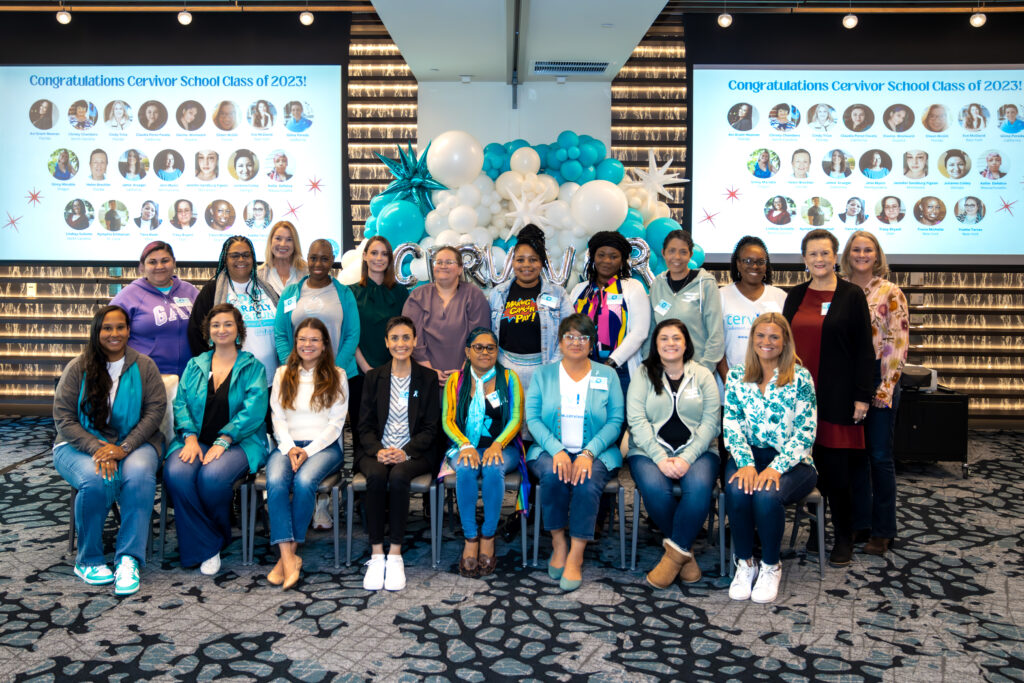
Cervivor School, an immersive patient advocacy training program for cervical cancer survivors hosted by Cervivor, Inc. trained 23 new attendees with a deep dive into the psychosocial aspects of cervical cancer and paired it with the latest science to help them understand the scope of the national and global disparities. In this blog post, we will take you on a reflective journey through the empowering experiences, inspiring stories, and invaluable insights gained during the Cervivor School in Seattle:
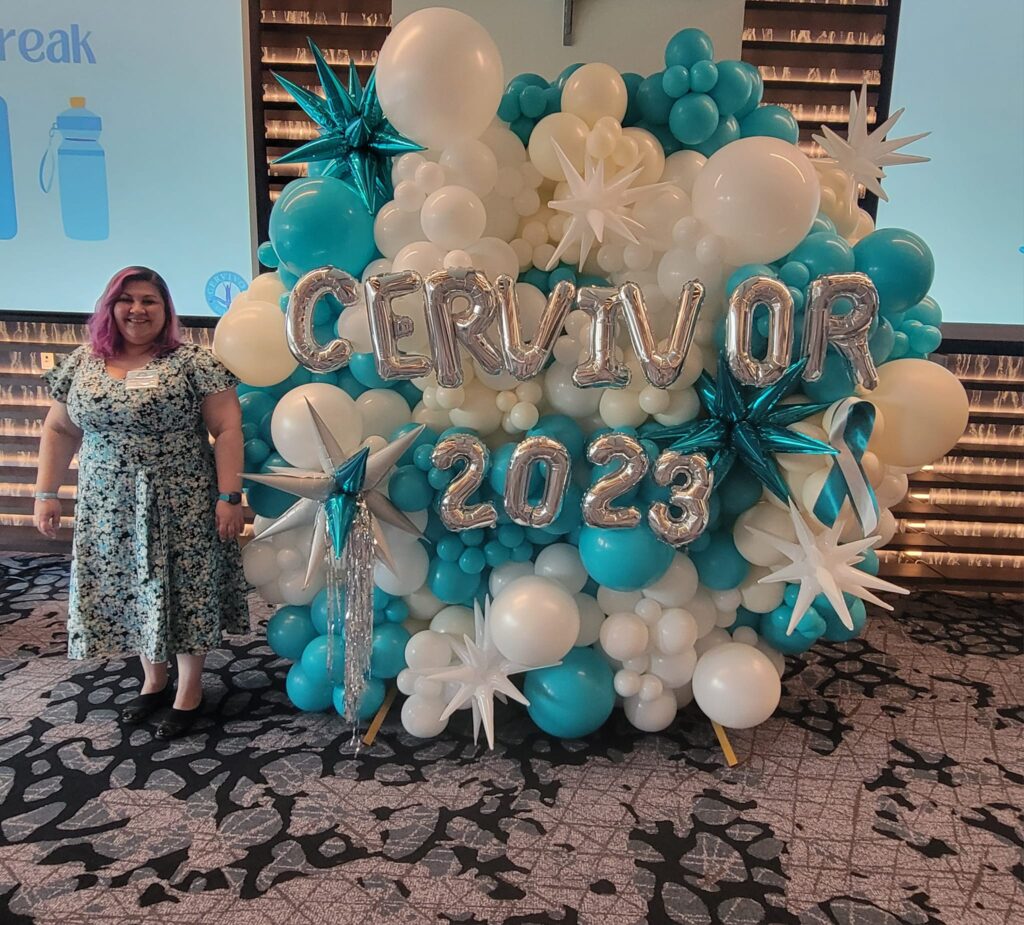
“I went to Cervivor School, afraid of not belonging, but I returned with a feeling of sorority and acceptance. Cervivor School exceeded my expectations by far. There was an energy and a contagious passion. I felt enlightened and empowered like never before. After hearing the stories of these extraordinary women, it gives me more reasons to do something to end cervical cancer.” – Claudia Perez-Favela, California
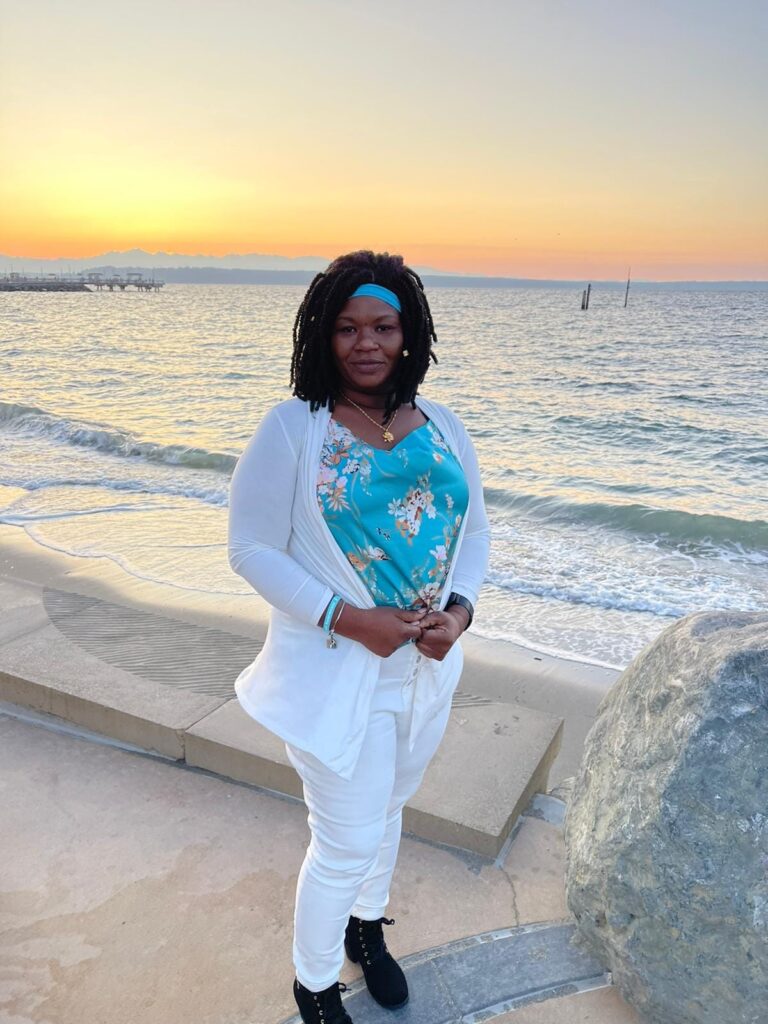
“This past weekend was amazing. Cervivor School was so informative. The knowledge gained is beyond words. I felt so empowered being in a room filled with so many powerful women and the love and support given is just fantastic. I felt a sense of belonging from the get go, there was no awkward moments in the room and I loved that. I admired how everything tied in nicely. I applaud Team Cervivor for the work they put into Cervivor School to make it a reality. Once again, thank you for allowing me to be part of this.” – Nymphia Emmanuel, St. Lucia
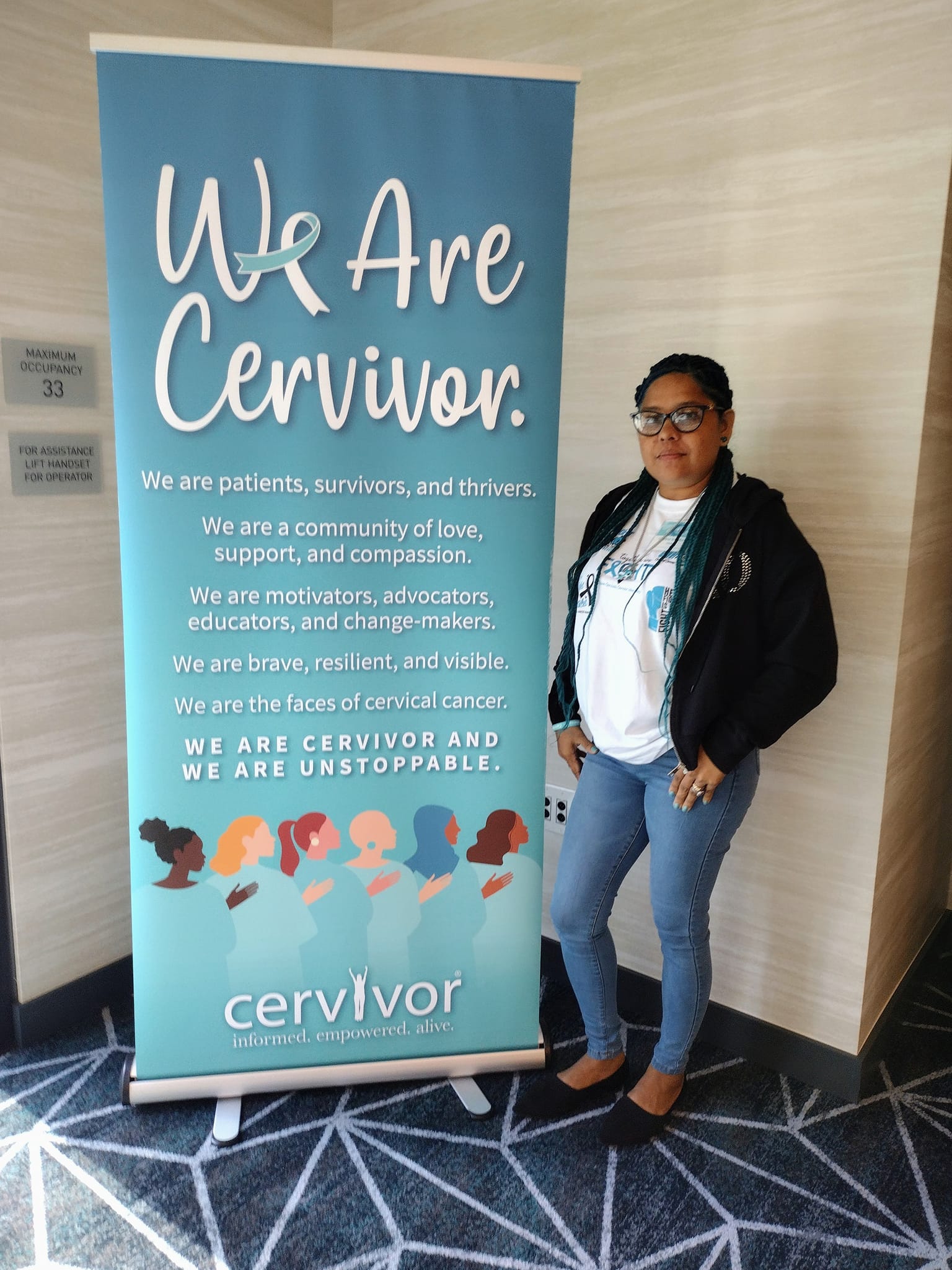
“Firstly, I was so privileged and grateful for the opportunity to attend Cervivor School in Seattle Washington. Meeting with other Cervivors, sharing our stories encouraging each other to be empowered, and learning together how we can all make a difference in our society by advocating for others against cervical cancer and HPV. My personal goal is to gain my voice, knowing that I have the power to help eradicate cervical cancer mortality rates. Sharing my story and being a “Pillar” of hope to someone is making a difference.” – Davina Woolward, Guyana
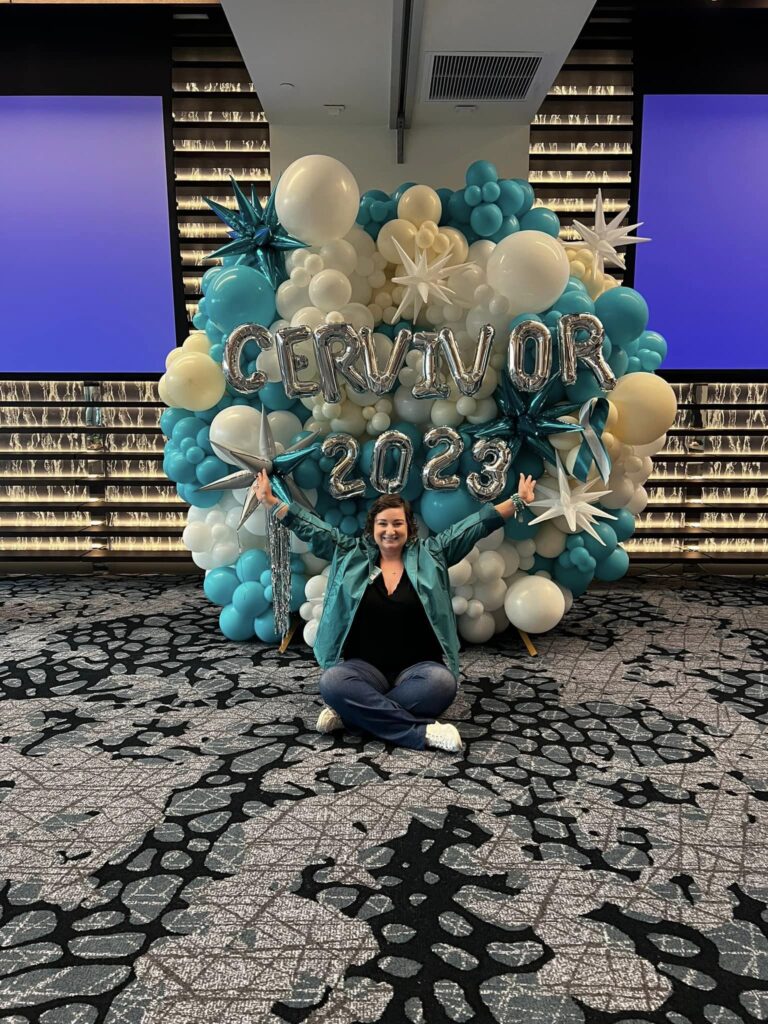
“It was an incredible opportunity to connect with fellow survivors and advocates with whom I have shared journeys and passions. The sense of belonging and support within the Cervivor community is a big extended family and the knowledge and skills I gained during my time there were invaluable. Learning from experts in cervical health and hearing the inspiring stories of resilience from others was not only educational but deeply empowering. It was a reminder that I am part of a strong, compassionate, and dedicated network working together to raise awareness about cervical cancer, and the HPV vaccination and make a positive impact and a change in women’s health. Cervivor School left a permanent mark on me, and I am grateful for the chance to be a part of such an incredible community.” – Julianna Colley, Georgia
Before we shift our focus to celebrating the remarkable individuals who have earned the prestigious title of Cervivor Champion, we want to extend our heartfelt gratitude to the dynamic speakers and passionate advocates who graced our event with their insights and experiences – Thank you to Dr. Linda Eckert of the University of Washington, Dr. Hyo Sook Bae of the National Cancer Institute, Roshanda Pratt of the REP Network, Kiara Long of the American Cancer Society, Dr. Carolyn Kay of Roche Diagnostics, Dr. Sarah Villarreal of the University of Washington, Dr. Leeya Pinder of the University of Cincinnati, Christina Turpin of the National HPV Vaccination Roundtable, Dr. Yolanda Evans of Seattle Children’s Hospital, Kate Weissman, Cervivor Ambassador, and the incredible team at Cervivor for the impactful conversations and necessary information to become well-informed patient advocates. A special thank you also goes out to Mike Hill and Sue Collins of Moonshine Agency for selecting Cervivor School as an exclusive film screening for Conquering Cancer in the United States.
Next, we extend our warmest congratulations to the exceptional individuals who have been named as the newest Cervivor Champion award recipients. Your dedication, resilience, and unwavering commitment to the fight against cervical cancer have not only transformed your own lives but have also left an indelible mark on our community.
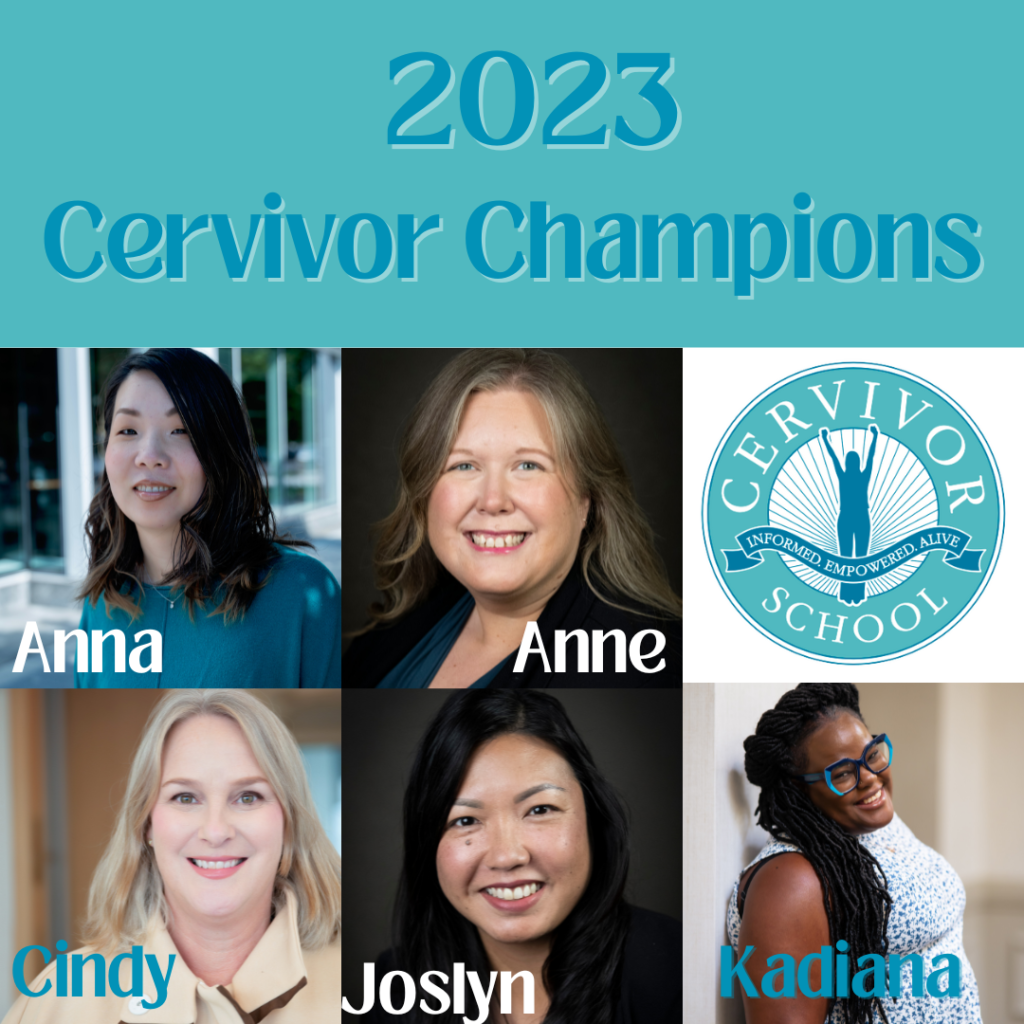
As Cervivor Champions, you embody the spirit of advocacy, turning your personal journeys into powerful forces for change. Your voices and stories inspire, educate, and empower others to take control of their health and join in the mission to end cervical cancer. We celebrate your achievements, and we look forward to witnessing the positive impact you will continue to make in the world of cervical cancer advocacy.
Congratulations to Anna Ogo, Anne Zajic, Cindy Trice, Josyln Paguio, and Kadiana Vegee!
In our relentless pursuit to end cervical cancer, the voices of patient advocates are not just valuable; they are absolutely necessary. Patient advocates are the heart and soul of our movement, the driving force behind the progress we’ve made, and the torchbearers of hope for a future free from this devastating disease. Their lived experiences, their determination, and their unwavering commitment serve as inspiration and hope for individuals facing a cervical cancer diagnosis, and as a powerful catalyst for change within healthcare and policy systems.
Patient advocate voices remind us that behind every statistic is a human life, and that the fight against cervical cancer is not just a medical journey, but a deeply emotional taxing one. As we move forward, let us continue to amplify these voices, to listen, to learn, and to stand together in the unshakable belief that one day we can, and will, bring an end to cervical cancer.
Together, we are a force to be reckoned with, and with each voice that joins our mission, we come one step closer to a world where cervical cancer is but a distant memory.
Lastly, Cervivor, Inc. would like to thank our generous sponsors for supporting our mission of educating and empowering individuals impacted by cervical cancer to take action and create change in their local communities and beyond. Thank you, Hologic, Seagen, Genmab, and Genentech.